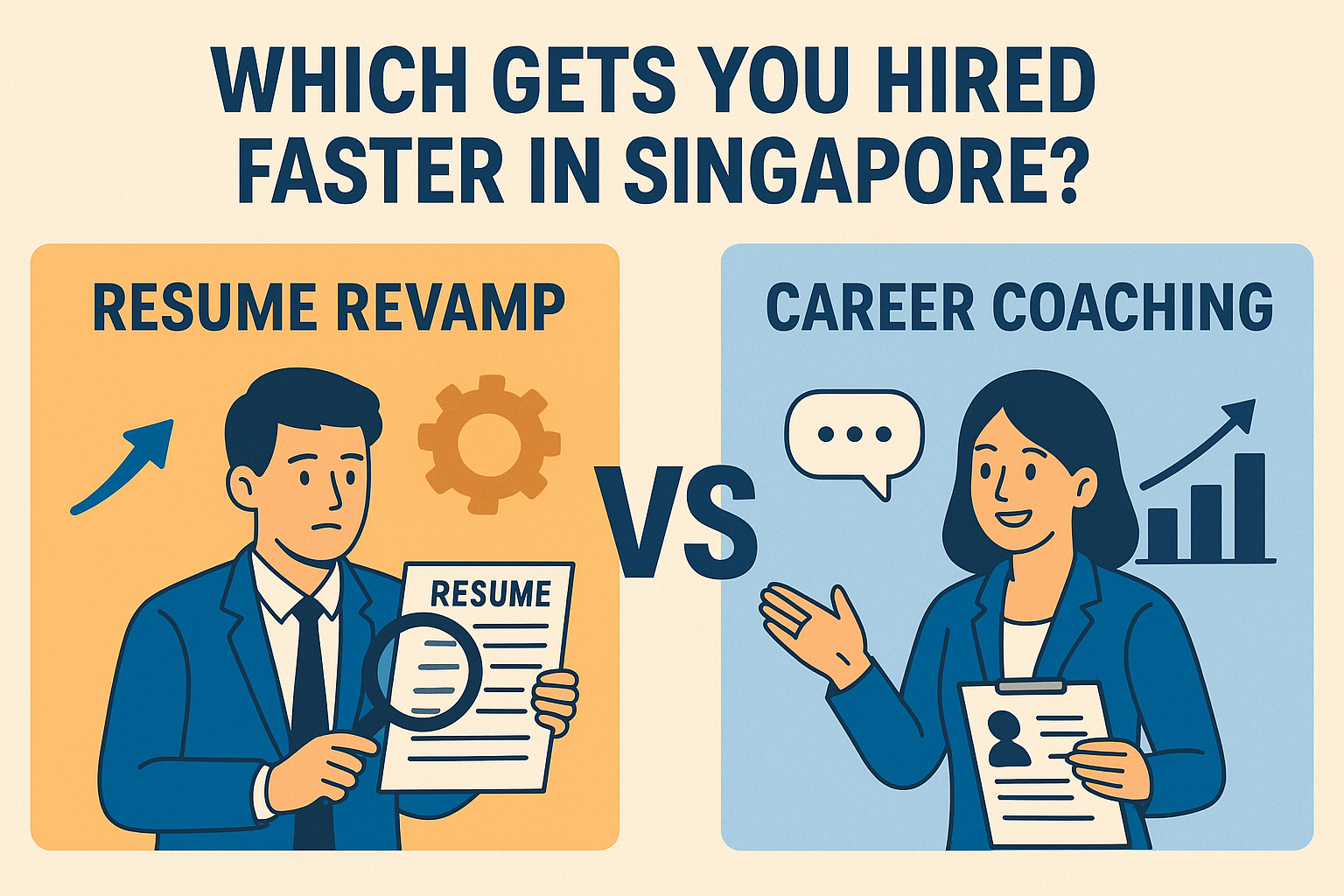Have you ever achieved something significant—a new job, a promotion, praise from a respected peer—only to hear a voice in your head whisper, “You don’t deserve this”? Or perhaps you feel like you’re just getting by, secretly afraid that one day someone will discover you’re not as capable as they think. If that sounds familiar, you’re not alone. What you’re experiencing is known as impostor syndrome.
Despite the name, impostor syndrome isn’t a clinical diagnosis. But it is a deeply real and common experience. I’ve seen it in CEOs, new graduates, artists, physicians, and entrepreneurs. It transcends age, gender, and achievement. And while it can be incredibly isolating, the good news is: it can be understood, managed, and even transformed.
As a psychiatrist and coach, I’ve worked with many individuals who carry the silent burden of feeling undeserving or like they’re not enough. In this article, I aim to offer a grounded and compassionate perspective on what impostor syndrome truly is, why it arises, and how to begin loosening its grip.
What Is Imposter Syndrome, Really?
Imposter syndrome is the persistent belief that your success is due to luck, timing, or external factors and not your own capability. Even when there’s overwhelming evidence of your competence, you discount it. Instead, you fear that any moment now, someone will discover the “truth”: that you’re not as smart, talented, or capable as they think.
This inner conflict creates emotional friction: anxiety, self-doubt, overworking, perfectionism, and even burnout. It’s not that you’re faking your success. It’s that you can’t internalise it.
Why Do Smart, Successful People Feel Undeserving?
Impostor syndrome doesn’t arise from a lack of talent, it often appears when success starts to grow. That might sound contradictory, but I’ve seen it time and again in my practice. The more you achieve, the more exposed you might feel. Suddenly, people are looking up to you, expecting more from you, and part of you wonders, “What if I’m not as capable as they think I am?”
Let’s take a deeper look at why this happens and why even the most intelligent, high-achieving people fall into the trap of feeling undeserving:
1. Perfectionism: When “Good” Is Never Good Enough
Perfectionism isn’t just about having high standards, it’s about believing anything short of perfect equals failure. Even when you accomplish something great, you might zero in on the one detail that wasn’t quite right. Instead of celebrating wins, your mind starts replaying what could’ve been better.
This creates a constant sense of not measuring up — not to others’ expectations, but to your own impossible ideals. Over time, you may start to doubt your abilities, not because you haven’t done enough, but because you’ve trained yourself to see flaws where others see success.
2. Early Conditioning: Where It All Begins
Our beliefs about success, worth, and failure are often formed in childhood. If you were primarily praised for achievements — good grades, trophies, or being “the smart one” — you may have internalized the idea that love and approval are conditional.
This early programming can create a loop in adulthood: If I don’t achieve, I’m not enough. If I slow down, I’ll disappoint people. If I succeed, I must keep proving I deserve it. Even in the absence of external pressure, the inner voice continues to demand more. And if you fall short? Cue the impostor feelings.
3. Comparison Culture: The Trap of “Not Enough”
Thanks to social media and constant connectivity, it’s easier than ever to compare ourselves to others — often without even realizing it. You see a peer announcing a promotion, someone else launching a business, another buying a home… and suddenly, your own progress feels small.
But here’s the catch: you’re comparing your messy middle to someone else’s highlight reel. You don’t see their doubts, struggles, or behind-the-scenes breakdowns — only the polished version. The more you scroll, the more you might question your own place, your pace, and your worth.
4. New Roles or Life Transitions: The “I’m Not Ready” Feeling
Change, even positive change, tends to shake up our sense of identity. When you step into a new job, launch a business, or take on a leadership role, it’s normal to feel uncertain. But for many, that uncertainty quickly becomes self-doubt.
You might start thinking: “I don’t know what I’m doing.” Or worse: “Everyone else seems to have it figured out except me.” Even if you’re qualified and capable, unfamiliar environments can trigger a sense of not belonging. The result? You start questioning whether you’re really cut out for it, even if you absolutely are.
5. Internalized Social or Cultural Messages
For women, minorities, or anyone from underrepresented backgrounds, impostor syndrome can be compounded by systemic issues and social messaging. You might feel pressure to represent your entire community or prove your value in environments where you’ve historically been overlooked or underestimated.
You may second-guess your success — not because you doubt your ability, but because you’ve been conditioned to feel like you have to work twice as hard to earn the same recognition. This chronic pressure can lead to a quiet (and often exhausting) sense of unworthiness, even in the face of clear accomplishments.
The Common Thread? You’re Human.
The roots of impostor syndrome are complex, but they don’t mean something is wrong with you. In fact, feeling undeserving is often a sign of humility, growth, and self-awareness. You’re not arrogant. You care. And you don’t want to disappoint anyone — including yourself.
The key isn’t to eliminate these thoughts, but to understand where they come from. Once you do, you can begin to loosen their grip and replace them with something truer, kinder, and more empowering.
The Emotional Toll of Imposter Syndrome
Living with impostor syndrome can feel like you’re constantly walking on a psychological tightrope — no matter how far you’ve come, you’re afraid one misstep might reveal you don’t truly belong.
It’s not just the thoughts that are exhausting — it’s the emotional weight they carry. Achievements that should feel exciting barely register, because the inner critic immediately downplays them: “Anyone could’ve done that,” or “I just got lucky.” Over time, this becomes a pattern. Success starts to feel hollow, and your confidence begins to erode.
Many people try to cope by working harder than everyone else — staying late, obsessing over every detail, always striving to prove they’re good enough. But this kind of over-preparation, driven by fear rather than passion, leads to burnout. It doesn’t build confidence. It just reinforces the idea that you need to do more to be worthy.
Impostor syndrome also affects how you show up in relationships and at work. You may brush off compliments or deflect recognition, which can create distance between you and others. Opportunities that could help you grow — a leadership role, a speaking engagement, a bold new project — might feel too risky, not because you lack skills, but because the self-doubt whispers, “What if they find out I’m not as good as they think?”
Underneath it all, there’s often a quiet sense of isolation — like you’re performing a role instead of living from your authentic self. You wear the mask of competence while hiding the fear that you’re not enough.
Unchecked, this can spiral into chronic stress, anxiety, decision fatigue, and emotional exhaustion. It creates a disconnection between who you are and who you think you need to be. And perhaps most painfully, it can hold you back from fully pursuing your passions, your leadership, or your vision — not because you aren’t capable, but because you doubt your right to try.
But here’s the truth: you don’t have to live under that weight forever. And acknowledging it is the first step toward releasing it.
So, How Do You Begin to Overcome It?
Imposter syndrome isn’t something you “cure” overnight. But it is something you can learn to understand, manage, and eventually, outgrow. Like most deep-rooted patterns, it starts with awareness—and builds with practice.
First, name it.
When that inner voice starts whispering doubts like “You’re not good enough” or “You don’t belong here,” pause. Don’t push it away, and don’t believe it blindly either. Just notice it. Ask yourself: “Is this thought based on fact, or is it fear talking?” Giving this experience a name—“Ah, that’s my imposter voice”—immediately creates distance between you and the thought. You become the observer, not the identity.
Second, question the narrative.
Our minds are brilliant at constructing stories, but they aren’t always accurate. When your inner critic says, “I’m not qualified,” respond with curiosity. Where did that belief come from? Is there evidence to the contrary? What would I say to a friend who said this about themselves? Often, you’ll find the story is just that—a story. You don’t need to believe everything you think.
Third, practice internal validation.
Instead of relying solely on external recognition—like praise from your boss or likes on a post—begin cultivating your own sense of worth. Keep a small notebook or digital space where you jot down things you did well each day. Maybe you handled a tough conversation with grace or showed up despite anxiety. These moments matter. When you start tracking your efforts and growth, your brain learns to see your competence, not just your flaws.
Fourth, connect with others.
Imposter syndrome loves silence and secrecy. But when you talk to someone you trust—a mentor, peer, coach, or even a supportive friend—you’ll likely hear, “I’ve felt that way too.” Suddenly, you’re not alone. Sharing your thoughts out loud can dissolve shame, spark encouragement, and remind you that self-doubt is part of the human experience—not proof that you’re failing.
Fifth, redefine success.
Sometimes, the feeling of being an imposter stems from chasing someone else’s definition of success. Ask yourself: What does meaningful success look like to me? Is it impact, creativity, freedom, balance, connection? When you let go of outdated or inherited ideals, you make room for goals that actually feel fulfilling—and stop feeling like you have something to prove.
Overcoming impostor syndrome isn’t about eliminating doubt forever. Doubt may still visit—but it doesn’t get to run the show. It’s about seeing those thoughts clearly, responding with self-awareness, and continuing to move forward with courage and authenticity.
A Real-Life Story: From Self-Doubt to Self-Trust

One of my clients, a highly accomplished founder, once shared with me during a session, “I keep thinking someone else could do this better than me.” Despite having built a successful, fast-growing company from the ground up, he constantly felt like he was improvising and feared someone would eventually see through it.
As we explored his inner dialogue over time, a familiar pattern emerged. He had grown up in an environment where praise was rare and expectations were sky-high. Success was never celebrated, it was just the minimum requirement. Slowly, he had absorbed the belief that his worth was tied to relentless achievement.
Our coaching conversations became a space where he could finally reflect without judgment. Together, we identified where those beliefs came from, and more importantly, where they no longer served him. He began to challenge his inner critic and acknowledge the value he brought not just in numbers or titles, but in how he led, inspired, and showed up with integrity.
The transformation didn’t happen overnight, but it was real. He didn’t silence every doubt but he no longer let those doubts steer the wheel. Instead of measuring his worth through comparison or perfectionism, he began to trust his voice, his vision, and his journey.
That’s the shift. Not in becoming flawless but in finally believing that you belong.
Coaching as a Tool for Reclaiming Your Inner Confidence

If impostor syndrome is rooted in self-doubt and disconnection, coaching offers the opposite: reflection, validation, accountability, and clarity. In a safe and supportive environment, you have the opportunity to question old narratives and build new ones.
As a psychiatrist and coach, I don’t offer quick fixes. But I do offer a space where your voice can be heard without judgment. Where your accomplishments are seen, your struggles are respected, and your goals are honoured.
Through personalised coaching, you can:
- Rebuild trust in yourself
- Understand your unique strengths and values
- Set goals that align with who you are (not who you think you should be)
- Learn to lead, create, and live from a place of confidence
Final Thoughts: You Are Not an Impostor
Feeling undeserving doesn’t mean you are. It means you care. It means you’re growing.
And growth always comes with discomfort.
But you don’t have to stay stuck in self-doubt. You can learn to meet your inner critic with kindness, build a more honest relationship with success, and lead from authenticity, not fear.
You’ve earned your place. You belong here. You always have.
Want to explore how coaching can help you overcome impostor syndrome?
Let’s talk. Book a discovery call and take the first step toward reclaiming your confidence, voice, and impact.









0 Comments